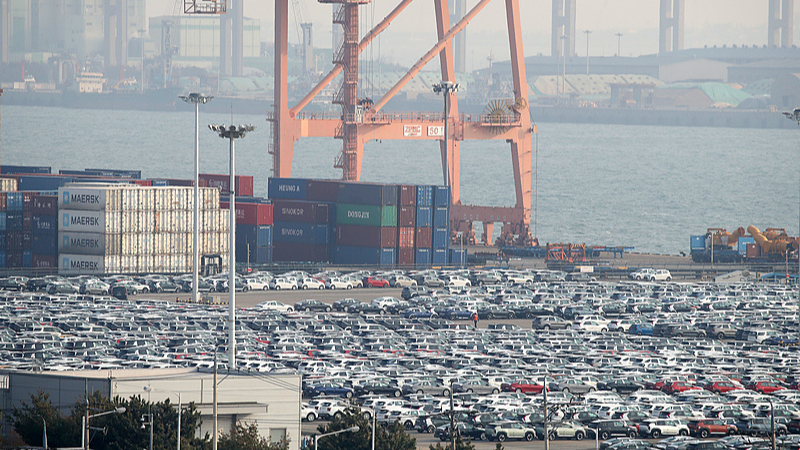In a decisive move to counter the impact of new U.S. tariffs, South Korea has announced an emergency aid package totaling 3 trillion won (around $2 billion) for its automotive industry. This sector, a powerhouse in the nation’s export economy, faces significant challenges as the recent 25% tariff on car imports takes effect.
The tariff, which began on April 3, has struck hard at South Korea’s exports to America, with vehicles making up almost half of the country’s overseas sales. Analysts from the IBK Economic Research Institute warn that this policy could reduce exports by up to 18.6%. Furthermore, similar duties on auto parts are expected to be implemented by early May, adding pressure on local suppliers that support leading automakers such as Hyundai and Kia.
The emergency funding, set for approval at a ministerial meeting this week, will be administered through state-run lenders like the Korea Development Bank via existing loan programs, an official from the Ministry of Economy and Finance explained. While the exact disbursement details remain under final review, the initiative aims to stabilize an industry critical to South Korea’s economic resilience.
Acting as both a challenge and a catalyst, the situation was addressed by South Korean Prime Minister Han Duck-soo, who is serving as acting president following the recent impeachment of President Yoon Suk-yeol. During an emergency economic security meeting with economy, industry, and trade ministers, Han stressed that the government is mobilizing all available resources to mitigate the adverse effects of the global tariff escalation.
This bold financial intervention highlights South Korea's proactive approach in navigating a turbulent international trade environment. As global markets adjust to shifting policies, the aid package is designed not only to support the automotive sector but also to reinforce the nation’s standing in an increasingly competitive global market.
Reference(s):
Seoul to inject 3t won in aid for car industry hit by U.S. tariffs
cgtn.com




